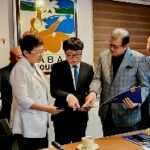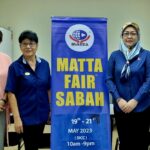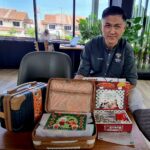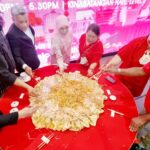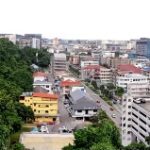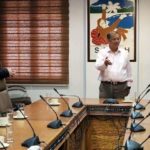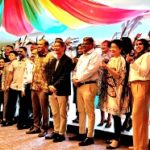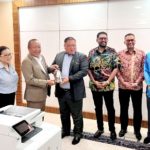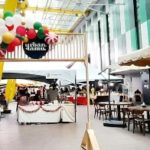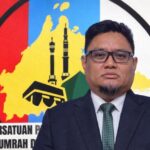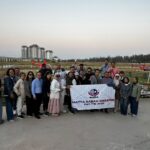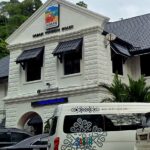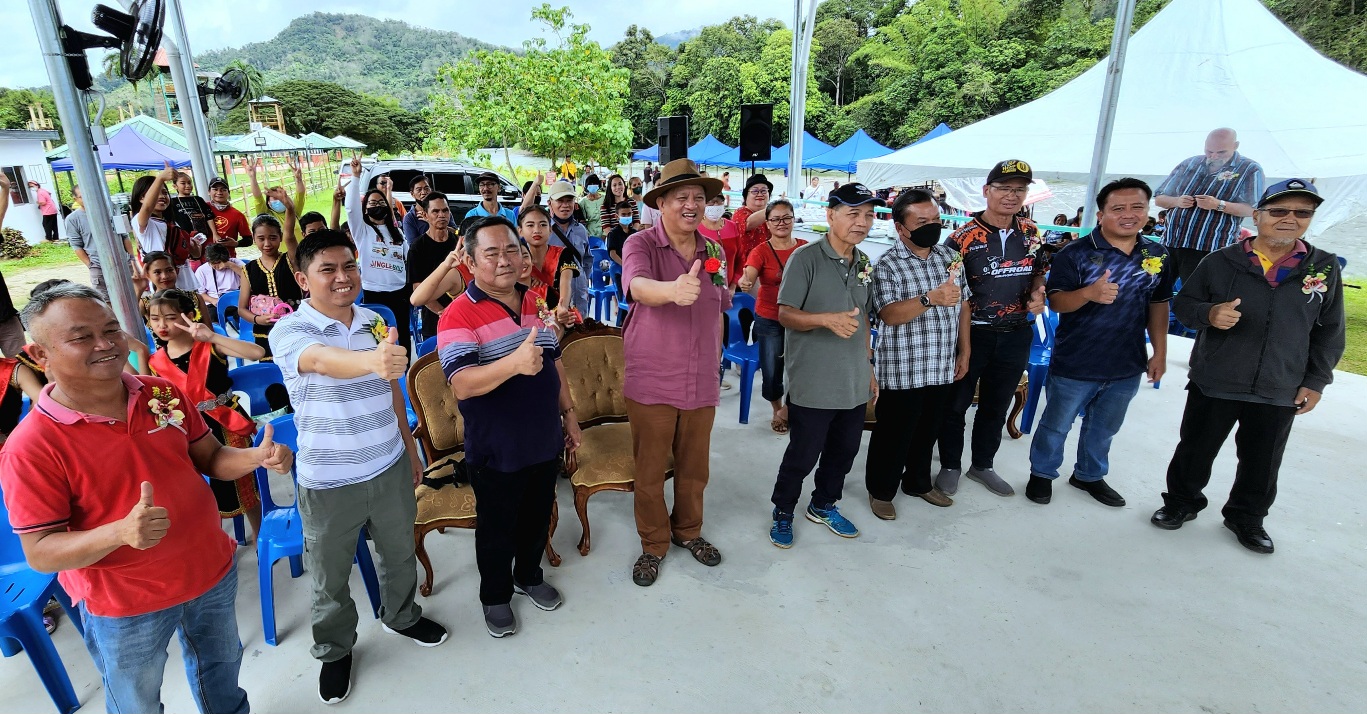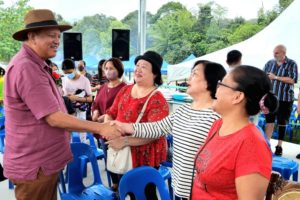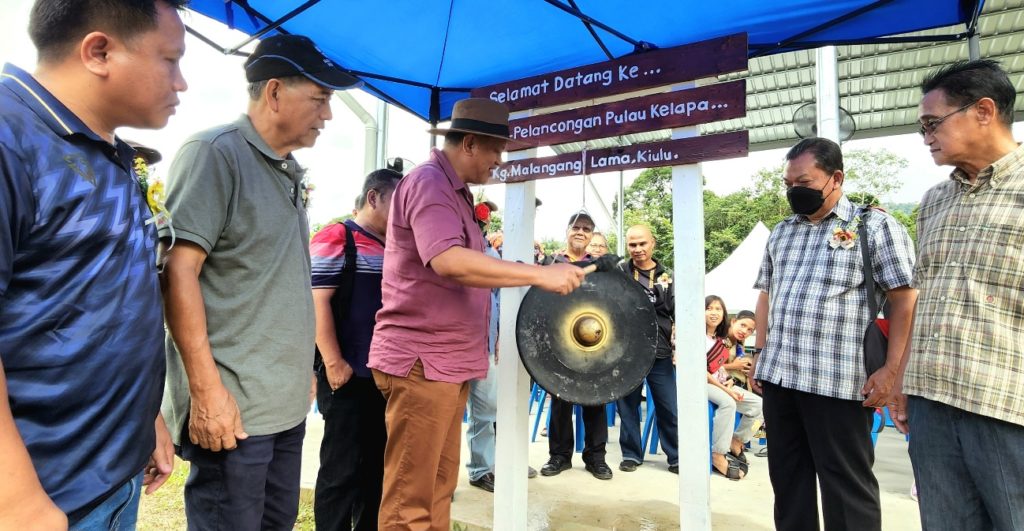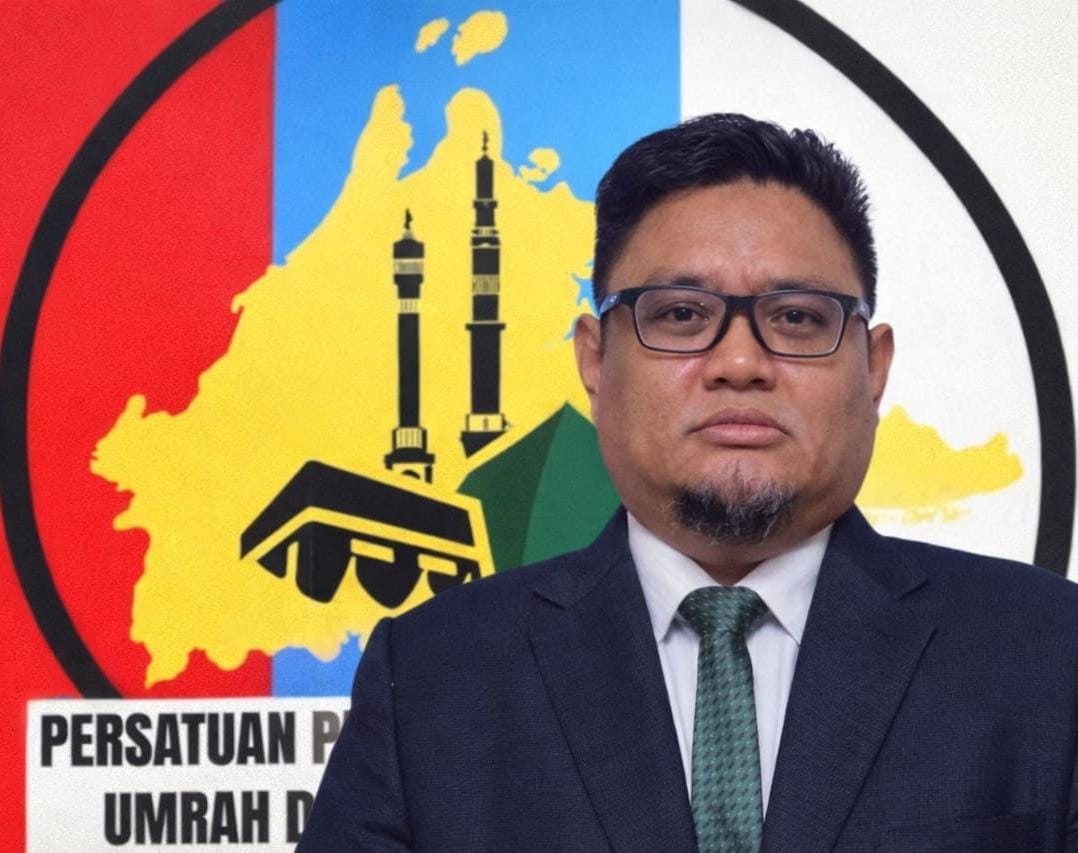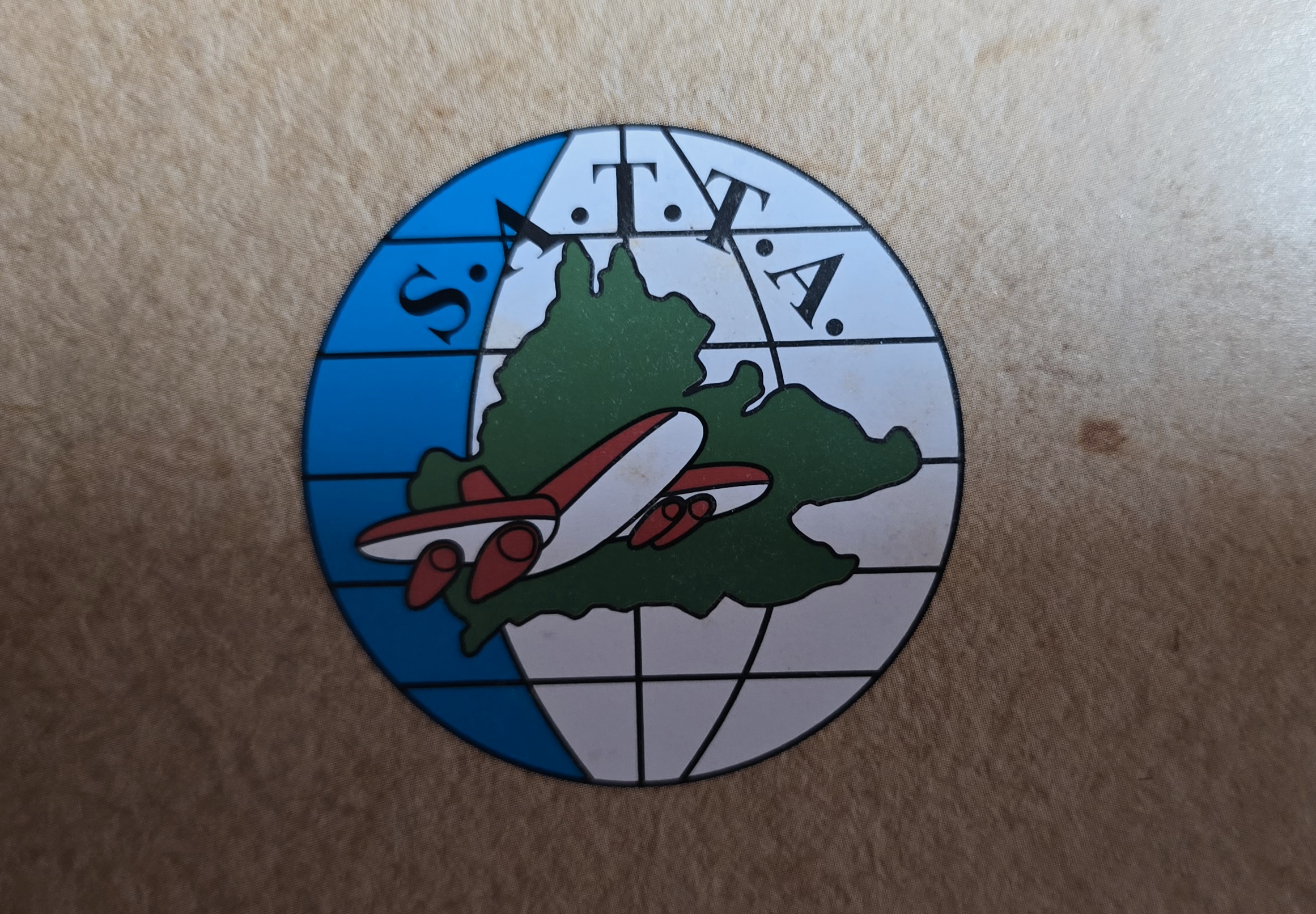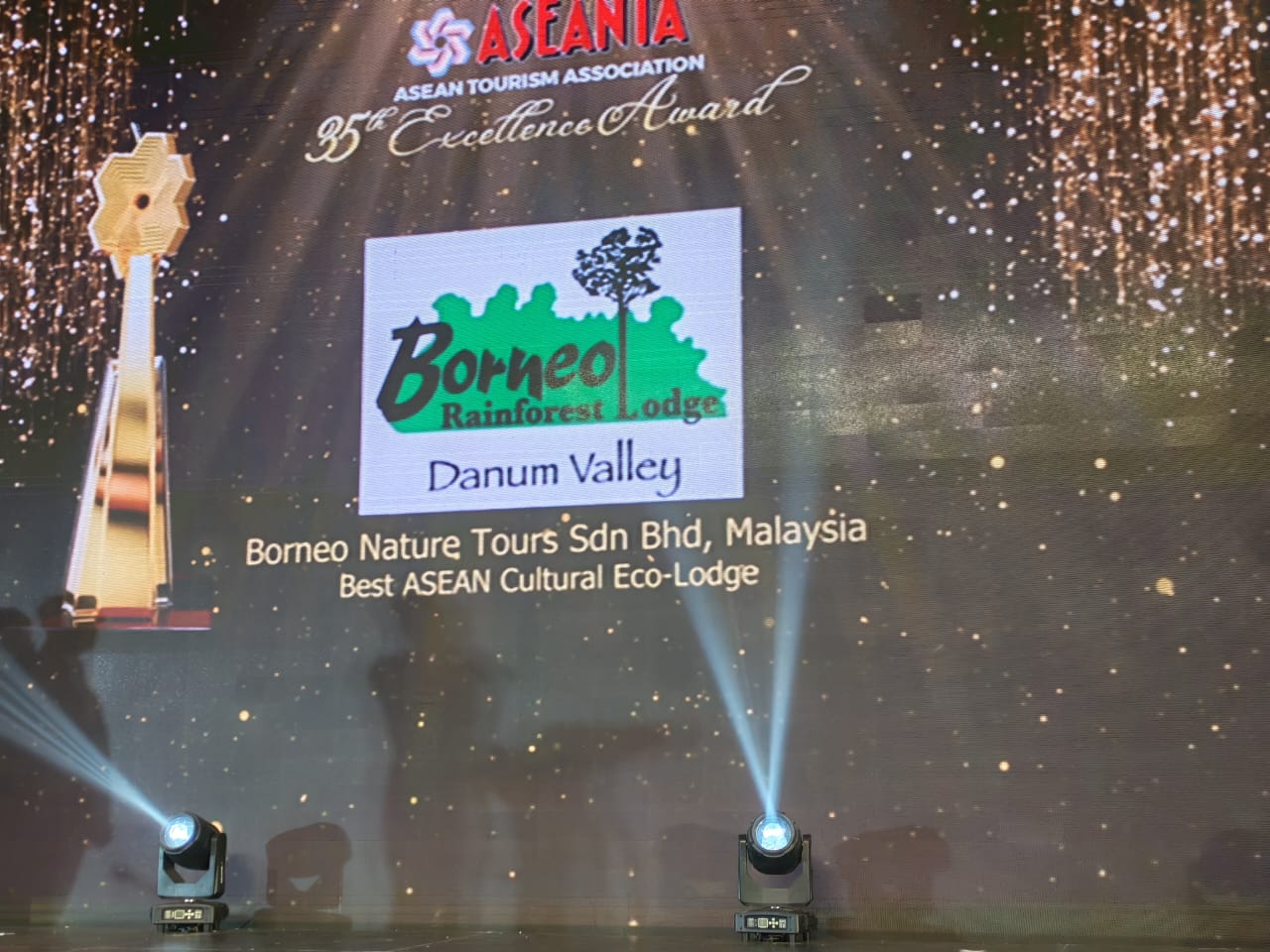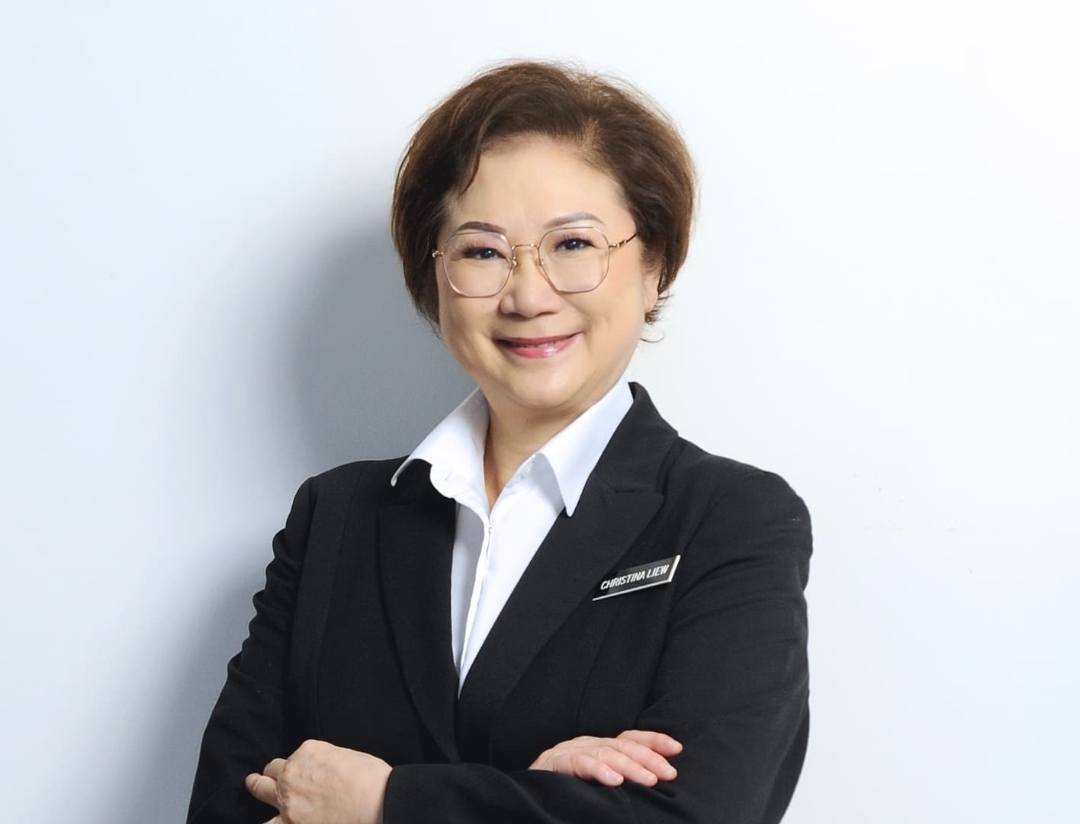KOTA KINABALU/Dec11: Rural tourism operators need to be committed in transforming their tourist sites to draw long-stay and high-spending visitors.
Assistant Minister of Tourism, Culture and Environment Datuk Joniston Bangkuai said that their efforts and involvement need to be in line with the Sabah Tourism Board’s and the Federation of Rural Tourism Association Sabah’s strategic plan of making Sabah a world-class rural tourism destination by 2030.
“In some countries like China, tourists are willing to fork out more money to discover and experience off-the-beaten areas, where nature is at its most breathtaking. We have to emulate this.
“The Sabah Maju Jaya development plan places a strong emphasis on tourism, thus we must position ourselves as a renowned rural tourism destination with first-rate facilities that are prepared to host curious visitors and entice them to stay longer,” he said.
Joniston, who is also chairman of the Sabah Tourism Board, said rural tourism players have a responsibility to improve the appeal of their communities and make extra efforts to meet the 2030 strategic plan’s objectives.
This entails the need for operators as well as rural communities to exercise creativity and go beyond just creating sub-par tourist attractions, he said.
“We need to shift toward capitalising on our strengths by offering high-end travel experience.
“The Sabah Tourism Board and the state government will continue to assess the needs and determine how best we can work together to achieve the world-class goal,” he added.
Joniston also launched the opening of the eco-tourism open hall at Kampung Malangang Lama in Kiulu, which, along with Kadamaian in Kota Belud, serves as the model for rural tourism in Sabah.
Prior to the Covid-19 pandemic, Kiulu tourism operators’ total revenue was more than RM5 million, with white water rafting as the primary attraction.
While Kadamaian tourism operators generated over RM2.5 million, indicating there is significant untapped potential.

